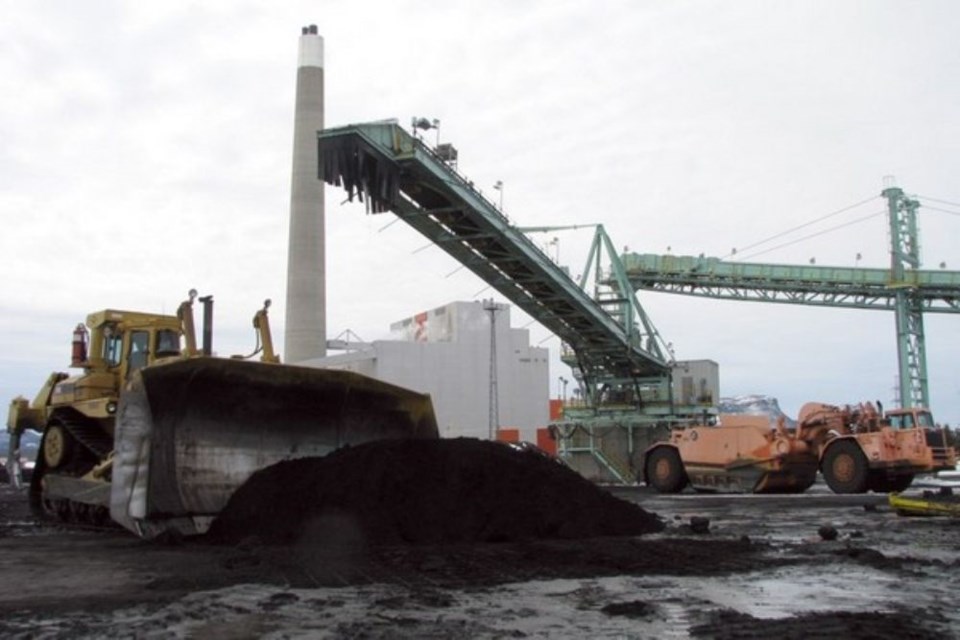Citing power that is 25 times more expensive to produce than other biomass facilities in Ontario, the conversion of Thunder Bay’s coal-fired power-generating station has come under fire from the province’s auditor general.
In her annual report, Bonnie Lysyk lists the conversion to biomass among the decisions made by the Ministry of Energy that has led to “significant costs to electricity consumers.”
The auditor general points out the conversion of the Ontario Power Generation plant from coal to biomass was done despite the Ontario Power Authority's advice that it was not a cost-effective plan.
“The ministry cites facilitating economic growth and job creation in the forestry industry as its reasons for going ahead with the project despite the fact that this facility uses imported forestry resources that can only be purchased outside of Canada,” the report reads.
“The cost of electricity is $1,600 per megawatt hour, 25 times higher than the average cost at other biomass facilities in Ontario.”
The Thunder Bay plant burned the last of its coal in April 2014. It is expected to operate for just five days a year, while employing 60 full-time workers to generate 15,000 megawatts of electricity per year at a cost of $40 million.
The report slams the lack of transparency in the province over rising electricty costs and limited oversight by the Ontario Energy Board into the continued rate hikes. It also states as a whole, the province is paying to much for renewable energy, saying it is not the most cost-effective way to reduce greenhouse gas emissions.
The report also looks at the conversion of the Atikokan power generating station to biomass, noting the province made the decision to convert the plant without properly evaluating the plan because it had already made up its mind.
The Atikokan plant, like the one in Thunder Bay, is a peaking plant, meaning it only generates electricty when needed.
It's expected to operate 29 days annually, generating 140,000 megwatts of power at a cost of $74 million. The power it produces costs about eight times more per megawatt than other biomass plants in the province.
Iain Angus, co-chairman of the Energy Task Force that pushed the province to convert the Thunder Bay plant to natural gas to meet projected future industrial needs in the mining sector, said Thursday night he will respond to the report on Friday.
According to the report, released earlier this week, residential and small-business consumers have seen their bills increase by 80 per cent, from 5.02 cents per kilowatt hour to 9.06 cents between 2004 and 2014.
